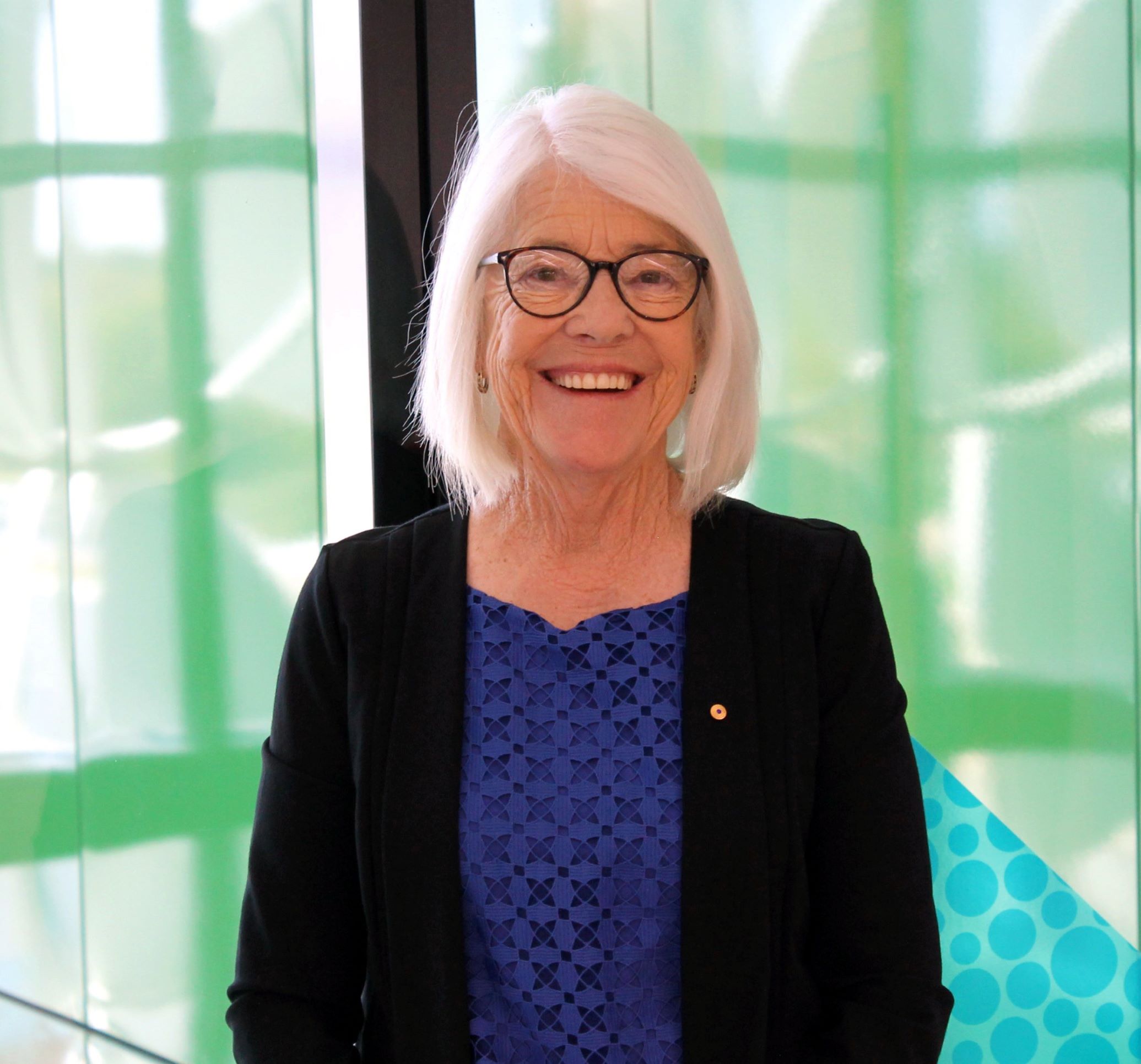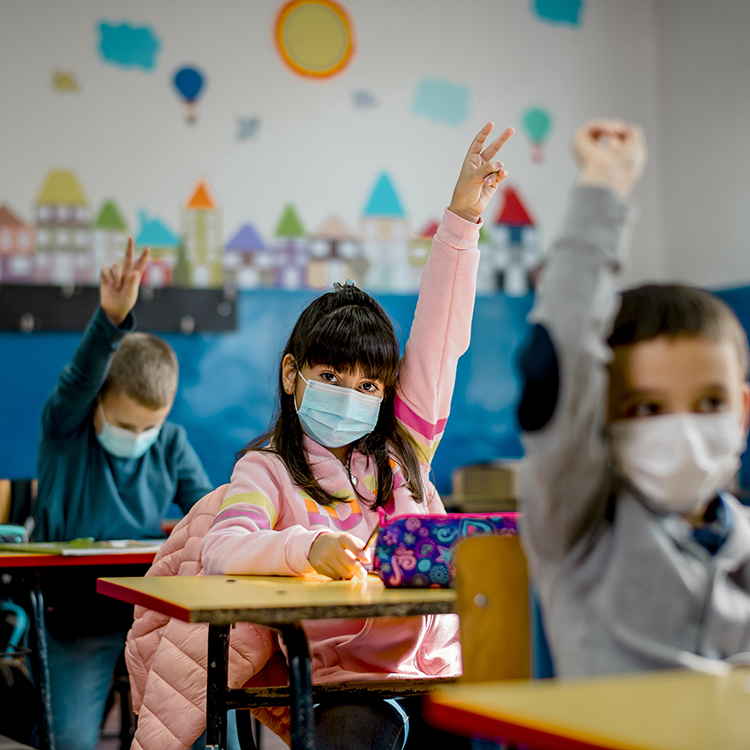Search
Research
Developmental Mismatch Across Brain Modalities in Young ChildrenBrain development during the preschool period is complex and extensive and underlies ongoing behavioral and cognitive maturation. Increasing understanding of typical brain maturation during this time is critical to early identification of atypical development and could inform treatments and interventions.
Research
Machine learning techniques to predict diabetic ketoacidosis and HbA1c above 7% among individuals with type 1 diabetes — A large multi-centre study in Australia and New ZealandType 1 diabetes and diabetic ketoacidosis (DKA) have a significant impact on individuals and society across a wide spectrum. Our objective was to utilize machine learning techniques to predict DKA and HbA1c>7 %.
Research
Invasive Fungal Disease in Immunocompromised Children: Current and Emerging TherapiesIn an era of expanding indications for iatrogenic immunosuppression, invasive fungal disease (IFD) remains a significant challenge in immunocompromised children, with case fatality rates ranging from 10 to 70%. Understanding of current recommendations and recent evidence is essential to guide optimal IFD management.
Research
Cause-Specific Secular Trends and Prevention Measures of Post-Neonatally Acquired Cerebral Palsy in Victoria and Western Australia 1975–2014: A Population-Based Observational StudyTo describe the timing and causes of post-neonatally acquired cerebral palsy (PNN-CP) and map the implementation of relevant preventive strategies against cause-specific temporal trends in prevalence.

A legal change fought for by The Kids, consumer advocates, and others within the health sector – and hastened by the COVID-19 crisis – has brought WA into line with the rest of Australia, allowing critically ill or incapacitated patients access to potentially life-saving clinical trials.
Research
Parenting in the age of social media: The buffering effect of parental self-efficacy on the relationship between parental social media use and parent child-relationship qualityThe widespread use of technology in daily life has raised concerns about its potential to disrupt social relationships, particularly within one of the most important human relationships: the parent-child relationship. This study assesses whether parental social media use (measured by a novel parental social media intensity scale) affects the parent-child relationship (measured by the child-parent relationship scale - short form), and whether parental self-efficacy (PSE, measured by the parenting sense of competence scale) moderates this effect.
Research
How Alexithymia Increases Mental Health Symptoms in Adolescence: Longitudinal Evidence for the Mediating Role of Emotion RegulationAlexithymia is characterised by difficulties identifying and describing feelings, as well as a lack of focus on feelings. Alexithymia is a transdiagnostic risk factor for developing a wide array of psychopathologies, such as anxiety and depression, with a key hypothesised mechanism being the impairing impact of alexithymia on emotion regulation competency. However, no study has tested whether difficulties with emotion regulation mediate the link between alexithymia and psychopathological symptoms using longitudinal designs.

For children with Austin Spectrum Disorder (ASD), it can be hard to enjoy the simple pleasures of art, but the development of an ASD guide is helping to share the wonders of art with all.
We know from research that the risk of death from respiratory disease is 14 times higher for adults with cerebral palsy than for other adults. Respiratory disease is the most common cause of premature death in children and young people with cerebral palsy and one of the main causes of hospitalisation.

The Kids Research Institute Australia answers all of your questions about vaccines and children
